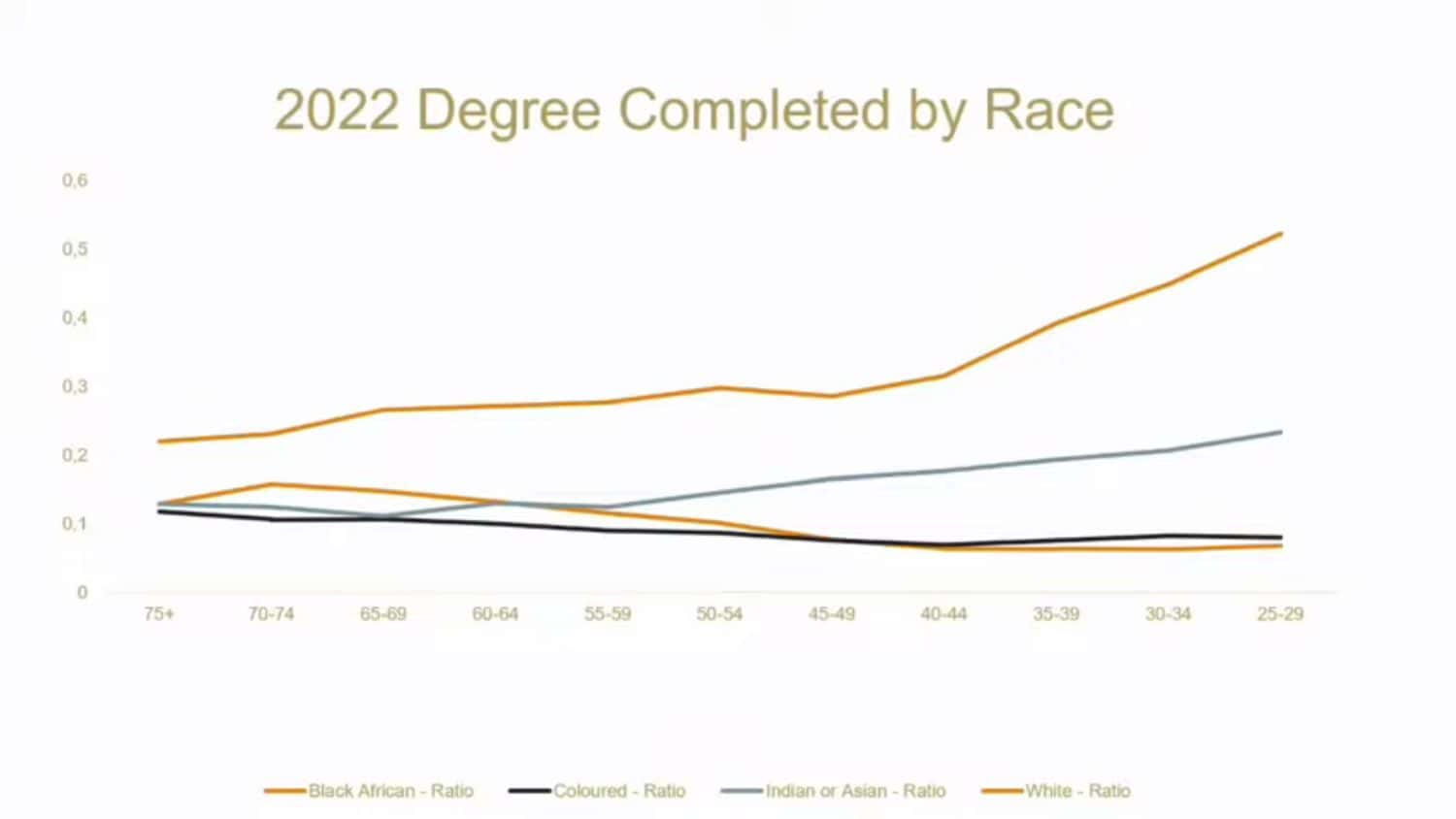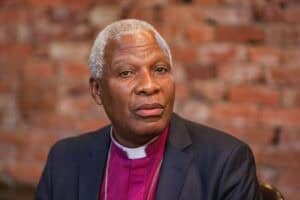'Progress has not been enough to equal the post-1994 promise to free the potential of each citizen.'

B-BBEE was meant to give black South Africans a fair shot at economic power, yet in 2025, the promise remains broken, white people still dominate jobs and positions of authority, leaving the vision of equality far from reality.
The Broad-Based Black Economic Empowerment Act (B-BBEE Act) was introduced in 2003, following the establishment of the Black Economic Empowerment (BEE) policy in 1994.
Dr Pali Lehohla, former statistician-general, argued that racial inequalities in the country have grown since the dawn of democracy. He was speaking at the Frank Dialogue on the future of B-BBEE on Tuesday in Sandton, Gauteng.
ALSO READ: Here’s why B-BBEE should not be scrapped – and what needs to change
B-BBEE needs to be amended
Before Lehohla’s address, the Minister of Trade and Industry, Parks Tau, acknowledged that B-BBEE needs to be amended so that it works in today’s reality. The last time the Act was amended was in 2020 to combat false claims of compliance and strengthen penalties for non-compliance.
“We must also be frank: progress has not been enough to equal the post-1994 promise to free the potential of each citizen,” said Tau.
“Ownership patterns remain skewed. Top management representation for black South Africans remains dismally low. And too often, empowerment has been undermined by fronting, tokenism, and financial structures that deny true control.”
Corruption in B-BBEE
Former president Kgalema Motlanthe noted that B-BBEE, as a policy, is needed in the country. However, it has not had great success because it has been tainted by corrupt elites.
“The problem, however, is not the principle of B-BBEE, it’s the practice. The repeated selection of a small elite, so-called usual suspects, has left the policy vulnerable to attack.”
Motlanthe’s support for the policy comes at a time when pressure is mounting for it to be cancelled due to its limited success and the corruption surrounding it.
It was argued during the dialogue that approximately R1 trillion worth of BEE deals have only circulated among at least 100 well-connected individuals.
ALSO READ: White tax? Why allowing companies to buy BEE status won’t transform anything
Blacks still behind whites
Lehohla argued that B-BBEE has not achieved nearly what it was intended to achieve. A presentation he put together using data from Statistics South Africa (Stats SA) showed that the black population is still behind the white population in terms of employment and education.
According to one of the slides he used, in 2022, fewer black and coloured populations were completing their degree qualifications. This, while more white and Indian populations were completing theirs.

Lehohla cited this as one of the reasons why the policy will not work, not because of the principle itself, but because some populations are unwilling to put in the necessary work.
He said the lack of educational facilities is still not a top issue that municipalities are looking to address; instead, top priorities include access to reliable and safe water, a lack of employment opportunities and the cost of electricity.
NOW READ: Top management remains white and male-dominated – Report






